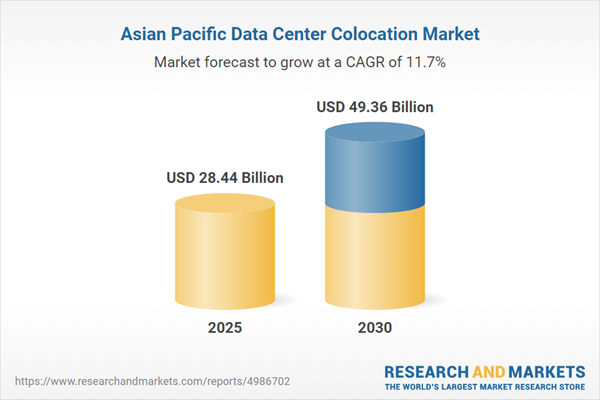Niral Patel joins ADG as CEO, leading global expansion, strengthening partnerships, and driving digital transformation across Africa, the Middle East, and Europe. ADG (Accelera Digital Group) is pleased to announce the appointment of Niral Patel as Group Chief Executive Officer, effective immediately. With over two decades of leadership experience in the technology sector, Niral will be primarily based out of Nairobi as he leads ADG’s global expansion, scales its business operations, and strengthens strategic partnerships. His focus will be on accelerating the company’s growth across Africa, the Middle East, and Europe. A Vision for Growth As CEO, Niral will focus on scaling ADG’s operations, strengthening key alliances, and driving business transformation to create long-term value for customers and partners. His leadership will steer ADG’s expansion into new markets, reinforcing its position as a leader in digital transformation. Speaking about his transition, Niral expressed his excitement about moving from traditional corporate leadership roles to leading a fast-growing, dynamic technology company: Stepping out of traditional corporate and into a high-growth environment like ADG is both a challenge and an incredible opportunity. ADG has already made a significant impact in the industry, and I’m excited to work with a highly driven team […]










